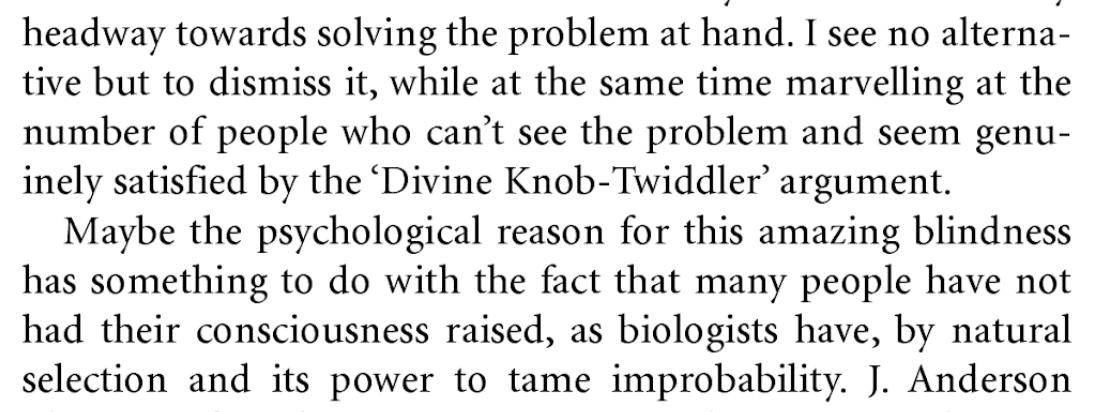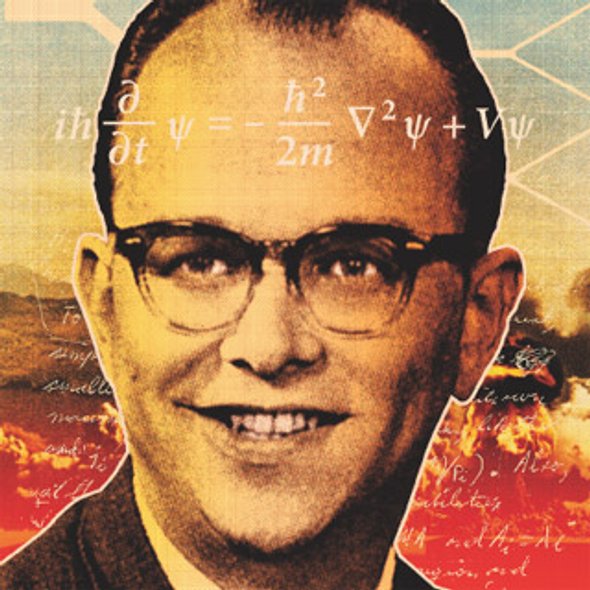What about the odds of getting the full first sentence? "It was the best of times, it was the worst of times." With 50 characters, the odds become (1/27) to the power of 50.
Monkeys typing = 1 billion = 1e9
Seconds in a year = 3.15e7
Total key taps per year = 1e9 x 3.15e7 = 3.15e16 = 31,500 trillion
Sounds like a lot, but let’s see for how long our monkeys would need to type.
Given that the universe is 13.8 billion years old, it’d take a billion monkeys typing continuously for ~billion trillion trillion trillion lifetimes of the universe before we could expect to get just the first line of Dickens’ novel.
theguardian.com/uk/2003/may/09…
Billions of years sounded like a lot, but it's not nearly enough.
Billions of planets sounded like a lot, but it’s not nearly enough.






